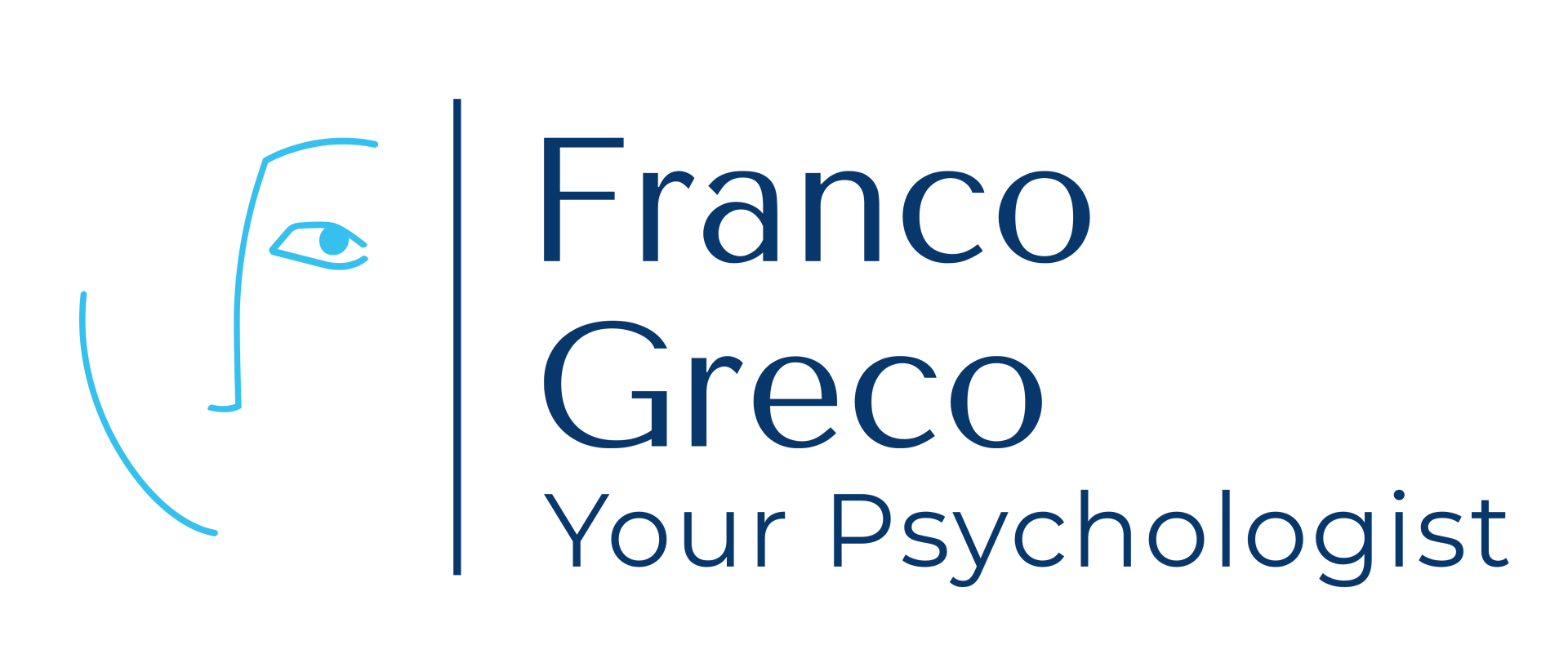The Answer ... Your Schemas
Schema Therapy is an evidence based treatment that works at a deeper level to solve ongoing problems. The approach combines gaining insight into difficulties, helping you manage negative emotions, reduce avoidance, change thinking and develop better coping skills. Unlike other approaches, Schema Therapy goes beyond temporary symptom reduction and aims to improve relationships and ultimately improve overall quality of life.
You may benefit from Schema Therapy if you have ongoing difficulties like long term anxiety and depression or have had painful or difficult childhood experiences. Schema Therapy may help if some relationships and situations trigger disproportionately large emotional reactions.
What are Schemas?
Schemas are negative beliefs that while false, feel true. Examples of Schemas include Defectiveness, Abandonment and Failure to Achieve. Schemas create a filter that influences how we think about ourselves, what we expect from others and how we see the world. When our needs are met, Schemas lie dormant. When are needs aren't met, our Schemas trigger and we may feel distressed, worried, or even abandoned.
Schemas develop largely because of our early home environment, our experiences in relationships and in part due to our temperament. Schemas develop in childhood when our core needs for basic safety, connection to others, autonomy, self-esteem, self-expression and reasonable limits are not met. We develop coping Modes to survive when our buttons get pushed. For example, if we feel abandoned we may cope by distracting ourselves to avoid feeling painful feelings. The aim of Schema Therapy is to help individuals meet their needs in more constructive ways and to feel better.
This link
below provides a list of the 18 Schemas identified by Dr Jeffrey Young - the American Psychologist who developed Schema Therapy.
The Table below lists main Schemas I see in my practice. They can help you label and identify your schemas.
| What We Need to Thrive | When Needs Are Not Met |
|---|---|
| Basic Safety | Abandonment |
| Mistrust & Abuse | |
| Connection to Others | Emotional Deprivation |
| Social Isolation | |
| Autonomy | Dependence |
| Vulnerability to Harm | |
| Self-Esteem | Defectiveness |
| Failure to Achieve | |
| Self-Expression | Subjugation |
| Unrelenting Standards | |
| Realistic Limits | Entitlement |
What are the stages of Schema Therapy?
In the initial stages of Schema Therapy, the aim is to become aware of and understand what your Schemas and Schema Modes are and how they get triggered. We then work together to manage and reduce unhelpful modes such as avoidance that contribute to distress. We then work collaboratively to find more constructive ways of getting your needs met and begin to heal your more vulnerable sides. The aim is to help the healthy adult parts of you to run the show and reduce the unhelpful coping modes many of us default to in times of stress.
How long is a course of Schema Therapy?
Schema Therapy is a longer-term therapy of around 20+ sessions optimally. Those with a mental health care plan can access up to 20 sessions a calendar year.
How can I get the most out of Schema Therapy?
The two most important things when undertaking Schema Therapy are to have an open mind and to create time and space to undertake practice between sessions. Like most things, it doesn’t change overnight but with the right approach and joint effort from client and therapist the rewards are very much worth it!
How do I get started?
After an initial session, the next step is in Schema Therapy is to determine both your Schemas and Schema Modes
- the way you cope with when Schemas become activated.
I will provide you the Young Schema Questionnaire and the Schema Mode Inventory to complete. Collectively, they will take one hour to complete. I will then present the results to you at your next session. We will use this information to plan our work together.
Contact Information
0482 092 406
hello@yourpsychologist.net.au
hello@yourpsychologist.net.au
Consultation Hours
Wednesday
REQUEST A CALL BACK
(9am to 9pm)
Thursday and Friday
(8am to 6pm)
